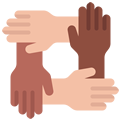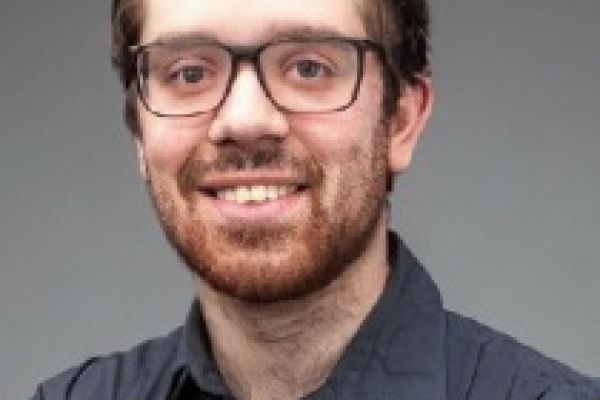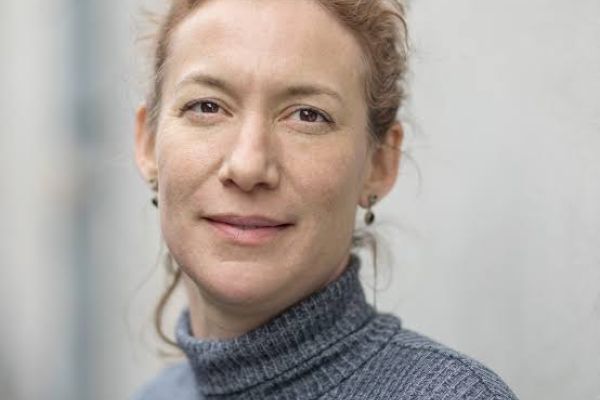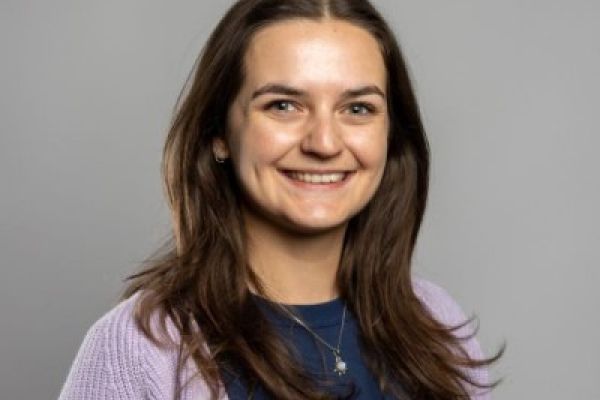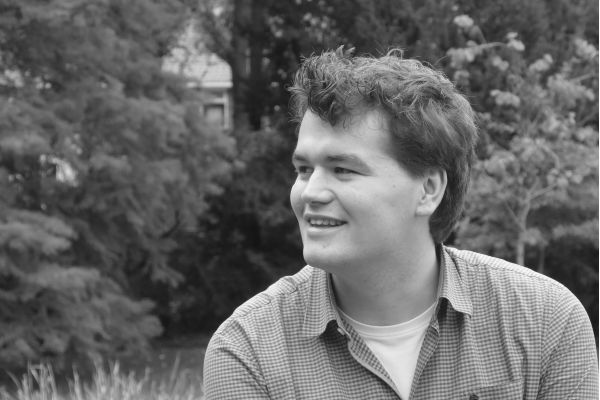SUSTAINABLE COOPERATION
SCOOP is a research and training centre dedicated to the interdisciplinary study of sustainable cooperation as a key feature of resilient societies.
Sustainable Cooperation
SCOOP is a research and training centre dedicated to the interdisciplinary study of sustainable cooperation as a key feature of resilient societies. Click here for an accessible primer on the program. The centre connects research groups from sociology, psychology, history, philosophy, public administration, research methods, and statistics. SCOOP is a joint initiative by the University of Groningen (Strategic Theme Sustainable Society) and Utrecht University (Strategic Theme Institutions for Open Societies), and also involves researchers from the VU Amsterdam, the Erasmus University Rotterdam, and Radboud University Nijmegen. The 2025 Vision for Science of the Dutch Ministry of Education (2014, p. 19) praised SCOOP as an “example of cross-pollination between disciplines”.
Four multidisciplinary work packages
SCOOP scholars have built an innovative theoretical model to integrate their complementary expertise and developed an interdisciplinary joint research strategy. To overcome the limitations of prior research, the program is organized in four multidisciplinary work packages (WPs). These break with the tradition to focus on a single domain of cooperation at a time because interventions that secure cooperation sustainability need to take into account the implications that they have for cooperation in other domains. WP1 targets solutions for care. WP2 focuses on solutions for inclusion. WP3 identifies solutions for work. WP4 specifies and extends the SCOOP approach, integrates the resulting insight with basic research and theory formation.
In addition to the academic ambitions, the program also wants to realise several tangible long-term gains, including the development of a multi-method, open-access data interface; a research infrastructure capable of tackling cooperation issues from multiple disciplinary perspectives; and a talent selection and training program to prepare the next generation of top researchers. The main result will be the generation of insights and instruments that can be used by societal partners and stakeholders to foster a resilient society.

